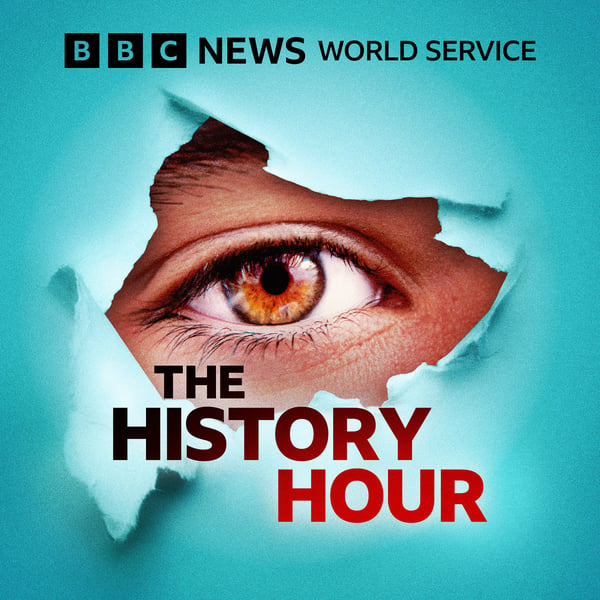Discovering the haemoglobin structure and the Nellie massacre
The History Hour
BBC
4.4 • 879 Ratings
🗓️ 1 March 2025
⏱️ 52 minutes
🧾️ Download transcript
Summary
Max Pearson presents a collection of the week’s Witness History interviews from the BBC World Service.
We hear about the moment Dr Max Perutz discovered the haemoglobin structure.
Our expert is Professor Sir Alan Fersht, who is a chemist at the Medical Research Council Laboratory of Molecular Biology and knew Dr Perutz personally.
We also hear about 22 Inuit children from Greenland's indigenous population who were sent to Denmark as part of a social experiment in 1951.
Also, when mixed-raced children from the then Belgian Congo known as ‘métis’, were forcibly taken from their homes in 1953.
When an eruption of violence in Assam led to an estimated 3,000 being killed in the Nellie massacre of 1983.
Finally, the devastating impact of the 2010 tsunami in Chile and a woman who survived it.
This programme contains outdated language which some people might find offensive.
Contributors: Lectures and programmes from the BBC archive Professor Sir Alan Fersht - chemist at the Medical Research Council Laboratory of Molecular Biology. Helen Thiesen - a child in Denmark's Inuit children social experiment. Marie-José Loshi - one of the mixed-race ‘métis’ who was forcibly removed from her home in the then Belgian Congo. Bedabrata Lahkar - a journalist for the Assam Tribune newspaper at the time of the Nellie massacre. Alison Campbell - a survivor of Chile’s 2010 tsunami.
(Photo: Dr Max Perutz and Dr Paul Kedrew. Credit: Hulton Deutsch/Contributor via Getty Images)
Transcript
Click on a timestamp to play from that location
| 0:00.0 | On Radio 4, the more you listen, the more you see. |
| 0:04.7 | Hello, I'm Brian Cox. |
| 0:05.6 | And I'm Robin Ince, and this is The Infinite Monkey Cage. |
| 0:08.3 | In this series, we're going to have a planet off. |
| 0:10.8 | I feel like Jupiter wins. |
| 0:12.8 | And after all of that, we're just going to chill out a bit. |
| 0:15.9 | We're talking about your bog standard. |
| 0:17.8 | Ice, not the fancy one. |
| 0:20.1 | Science with funny bits. |
| 0:21.9 | The new series of The Infinite Monkey Cage. |
| 0:24.1 | Listen on Radio 4 and BBC Sounds. |
| 0:32.5 | Hello and welcome to The History Hour podcast from the BBC World Service with me, Max Pearson, |
| 0:38.4 | the past brought to life by those who were there. |
| 0:41.8 | Coming up, a 1950s social experiment in which Inuit children from Greenland were sent to Denmark. |
| 0:48.7 | I kept thinking, what are we doing here? |
| 0:54.3 | And when are we going home? |
| 0:56.7 | I missed my mother. |
| 0:58.9 | Also, the kidnapping of mixed-race children in the then-Belgian Congo in 1953. |
| 1:04.4 | When they stole me from my mother, my home was very far away. |
| 1:09.5 | Over 600 kilometers from the Catholic Institute I was taken to. |
| 1:13.8 | Plus, a 1980s communal massacre in northeastern India, |
| 1:18.2 | and the fear that goes with the fight for survival |
... |
Transcript will be available on the free plan in -26 days. Upgrade to see the full transcript now.
Disclaimer: The podcast and artwork embedded on this page are from BBC, and are the property of its owner and not affiliated with or endorsed by Tapesearch.
Generated transcripts are the property of BBC and are distributed freely under the Fair Use doctrine. Transcripts generated by Tapesearch are not guaranteed to be accurate.
Copyright © Tapesearch 2025.

